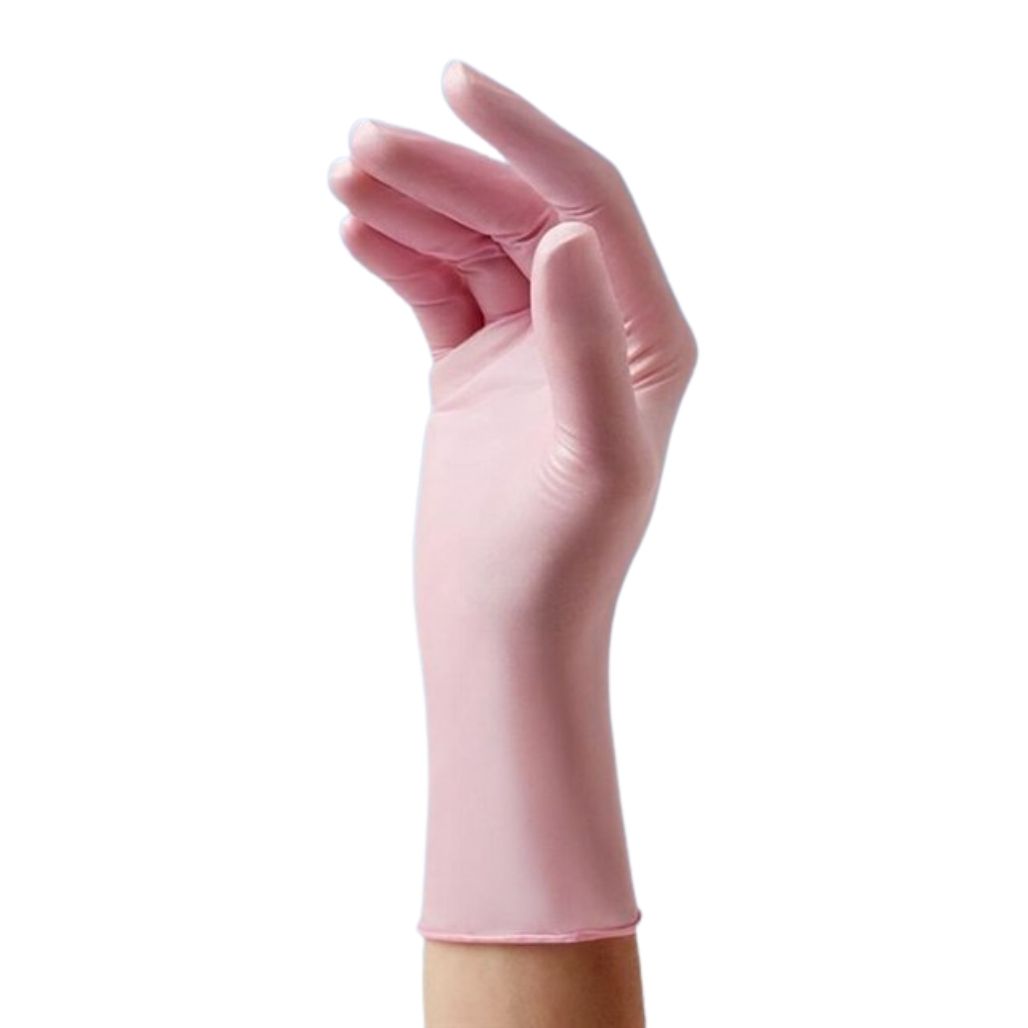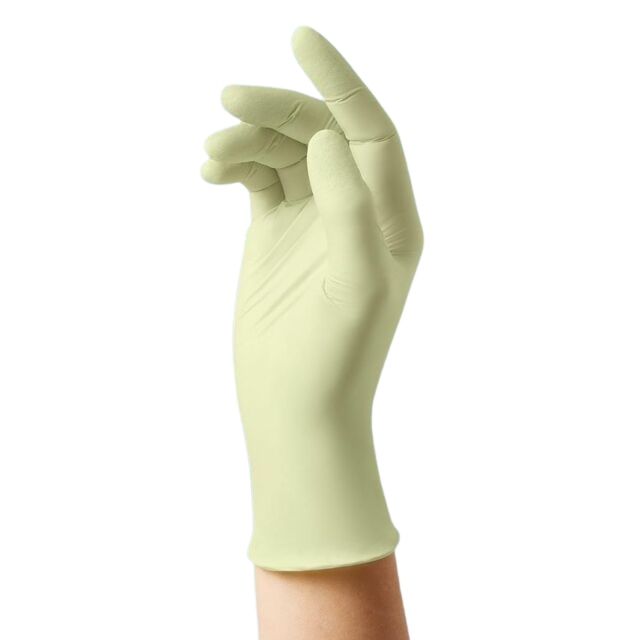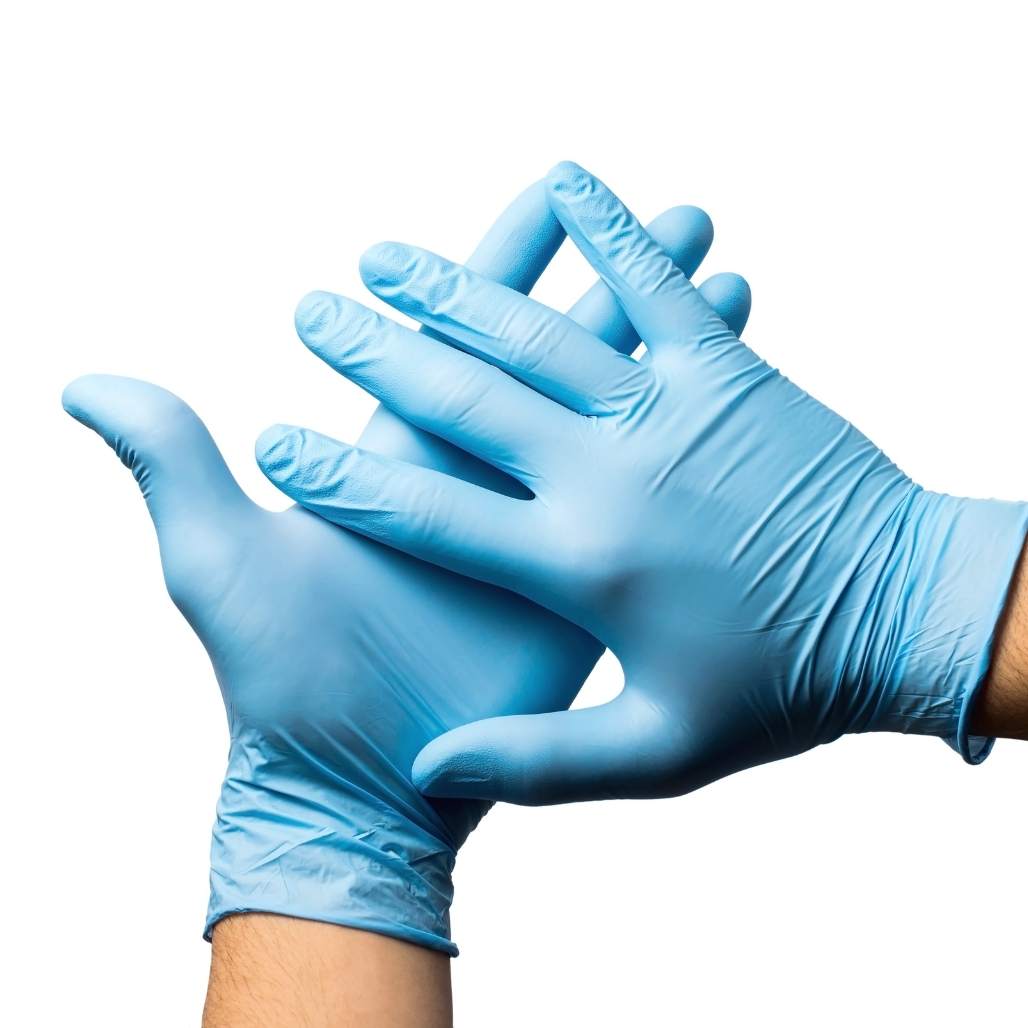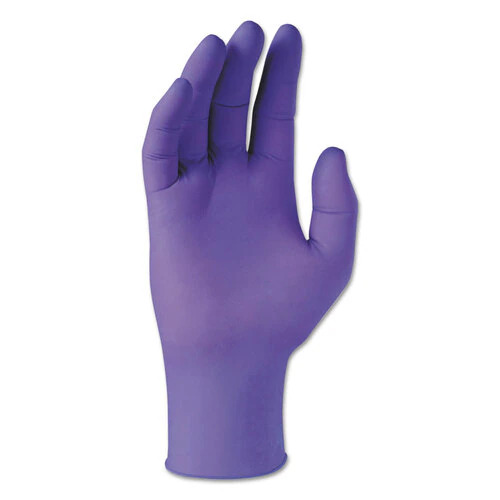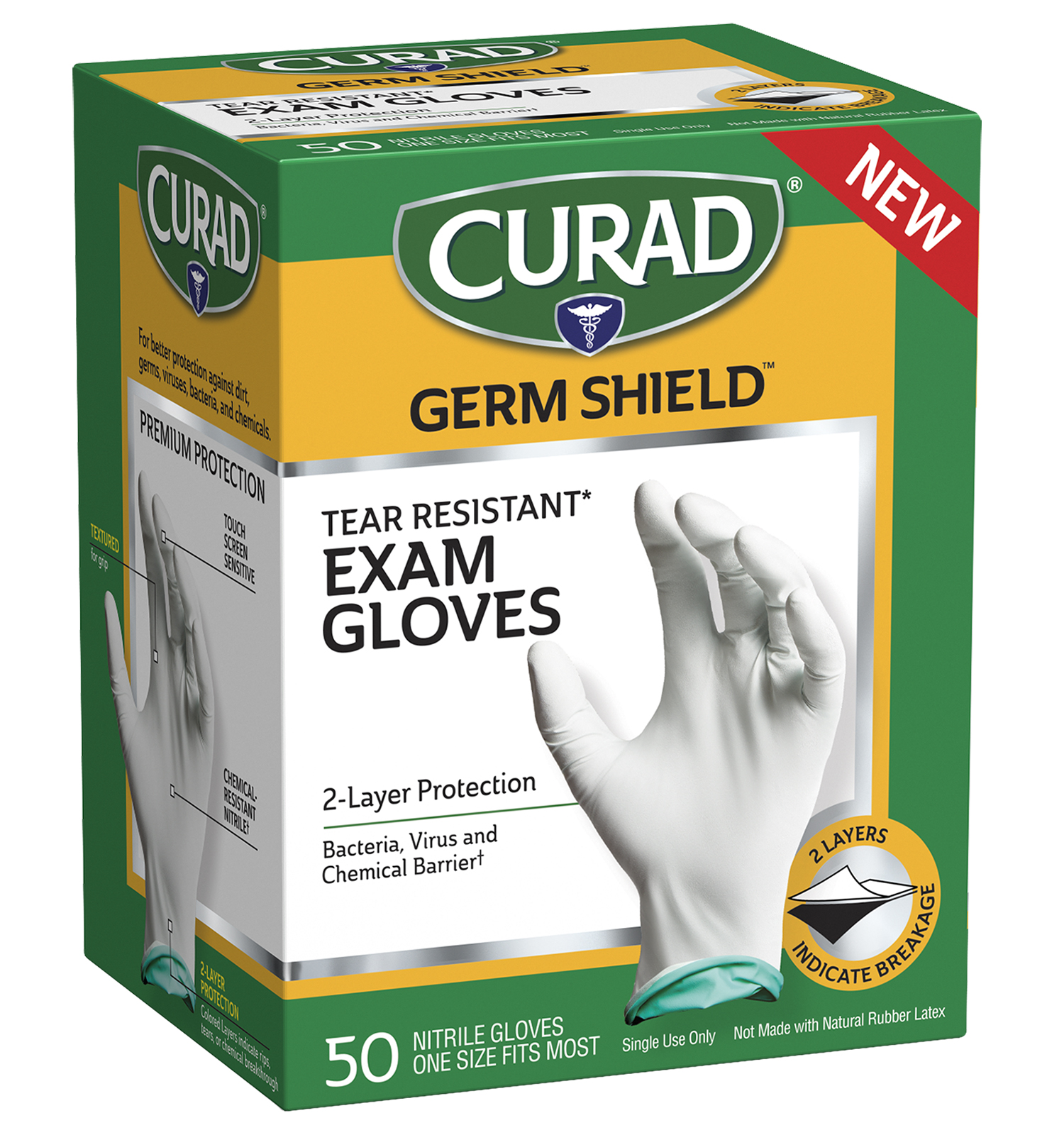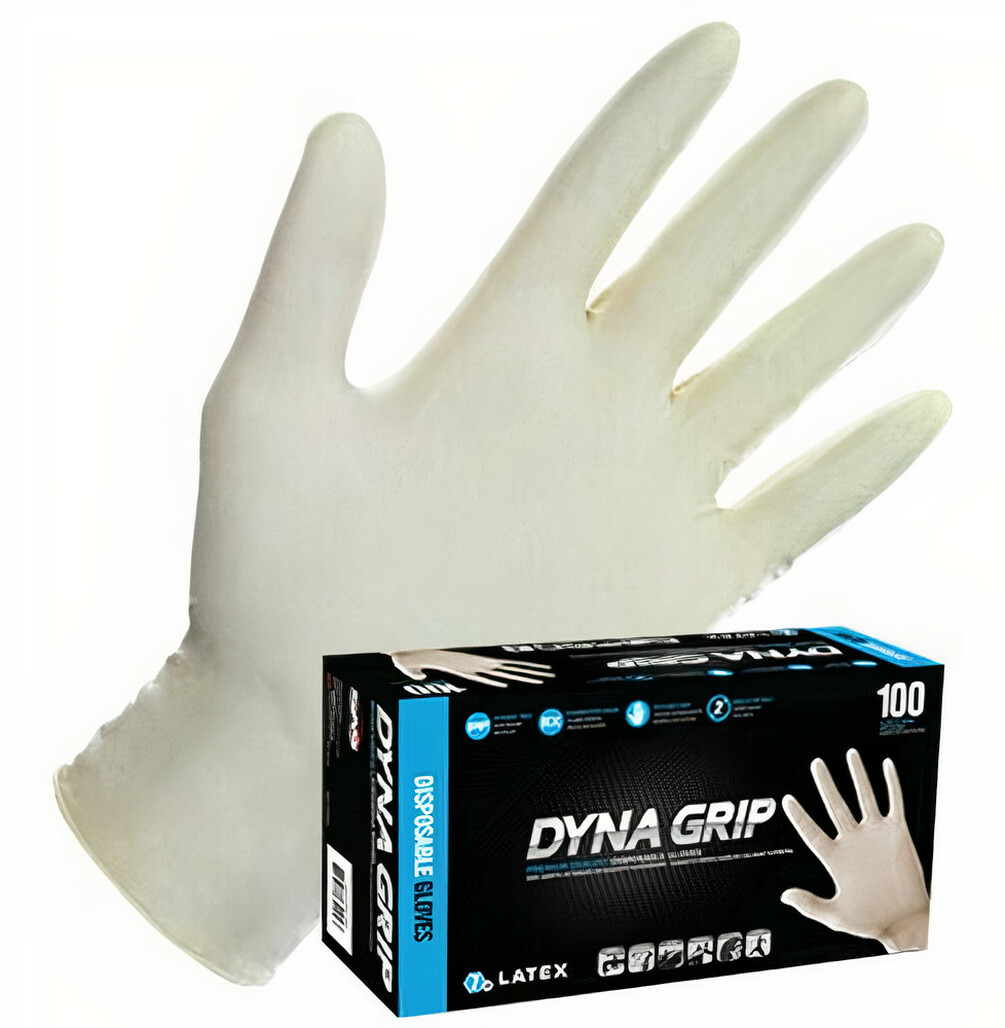The Benefits of Diaper Changing Gloves
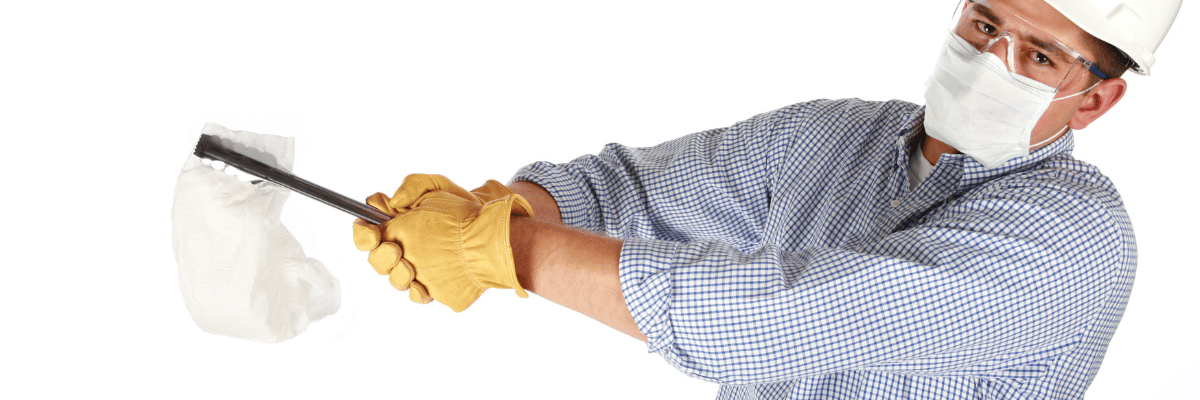
Understanding Diaper Gloves
Diaper changing is an essential part of caring for babies and toddlers, but it can be a messy and sometimes challenging task.
Diaper-changing gloves are one way to make the process more hygienic and convenient.
This article will explore the benefits of using these gloves, the available types, and how to choose the right one for you and your child.
The Benefits of Diaper Changing Gloves
Hygiene and Infection Prevention
Using gloves during diaper changes can help maintain a high level of hygiene and prevent the spread of bacteria and infections. They create a barrier between your hands and the soiled diaper, protecting you from direct contact with fecal matter and other contaminants.
Convenience and Time-saving
Diaper-changing gloves are disposable, making them a convenient option for parents and caregivers. They can be easily discarded after use, saving time on hand washing and reducing the risk of cross-contamination.
Skin Protection
For individuals with sensitive skin or allergies, using gloves can help protect against skin irritations and reactions caused by contact with soiled diapers or certain diaper rash creams.
3 Types of Diaper Changing Gloves
Vinyl Gloves
Vinyl gloves are popular for diaper changes due to their affordability and latex-free composition. They provide a sufficient barrier against contaminants and suit individuals with latex allergies.
Nitrile Gloves
Nitrile gloves are another latex-free option that offers excellent protection during diaper changes. They are more durable and puncture-resistant than vinyl gloves, providing better protection against chemicals in some diaper rash creams.
Latex Gloves
Latex gloves offer high protection and are highly elastic, making them comfortable to wear during diaper changes. However, they may not be suitable for individuals with latex allergies.
Choosing the Right Diaper Changing Gloves
Consider Allergies and Sensitivities
When selecting gloves, it’s essential to consider any allergies or sensitivities you or your child may have. If you have a known latex allergy, opt for vinyl or nitrile gloves.
Glove Size and Comfort
Choose a comfortable glove size that allows for dexterity during diaper changes. Gloves that are too tight may hinder your ability to change the diaper effectively, while too loose gloves may not provide adequate protection.
Evaluate Durability and Protection
Consider the durability and level of protection offered by the gloves. Nitrile gloves, for example, are more puncture-resistant than vinyl gloves and maybe a better choice if you’re concerned about potential leaks or exposure to chemicals in diaper rash creams.
Proper Use and Disposal of Diaper Changing Gloves
Wearing and Removing Gloves
To ensure maximum protection, put on the gloves before starting the diaper change and remove them immediately after disposing of the soiled diaper. Be careful not to touch surfaces with your gloved hands to prevent cross-contamination.
Disposal of Gloves
Dispose of used gloves in a designated trash bin or diaper pail to keep the area clean and prevent the spread of germs. Do not flush gloves down the toilet, as they can cause blockages in your plumbing system.
Conclusion
Diaper-changing gloves are a practical and hygienic solution for parents and caregivers during diaper changes.
By understanding the benefits, selecting the right type, and using them correctly, you can help maintain a clean and safe environment for you and your child.
Consider allergies, glove size, and durability when choosing the perfect pair of gloves.

